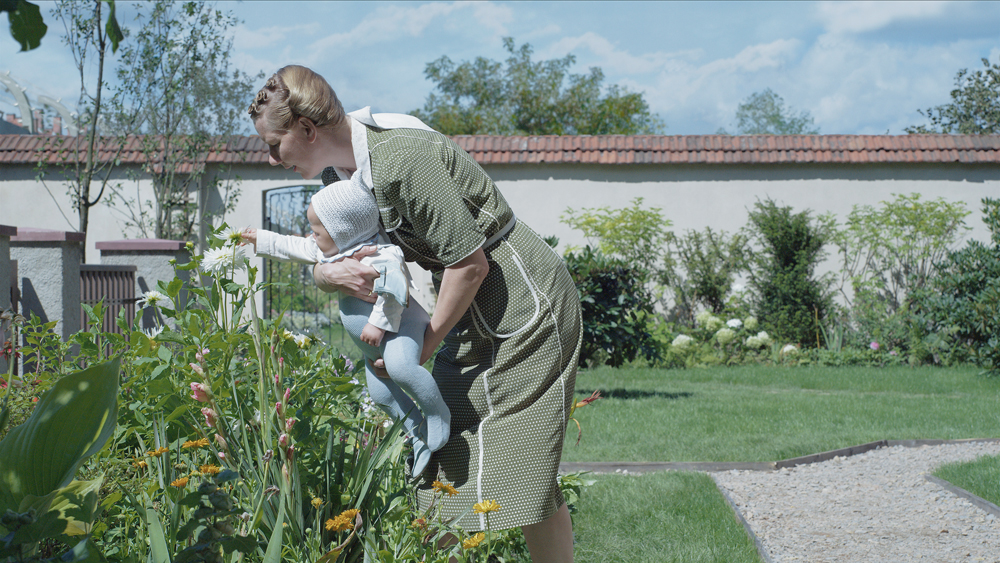By Tami Klein
Posted in art, perspectives on life
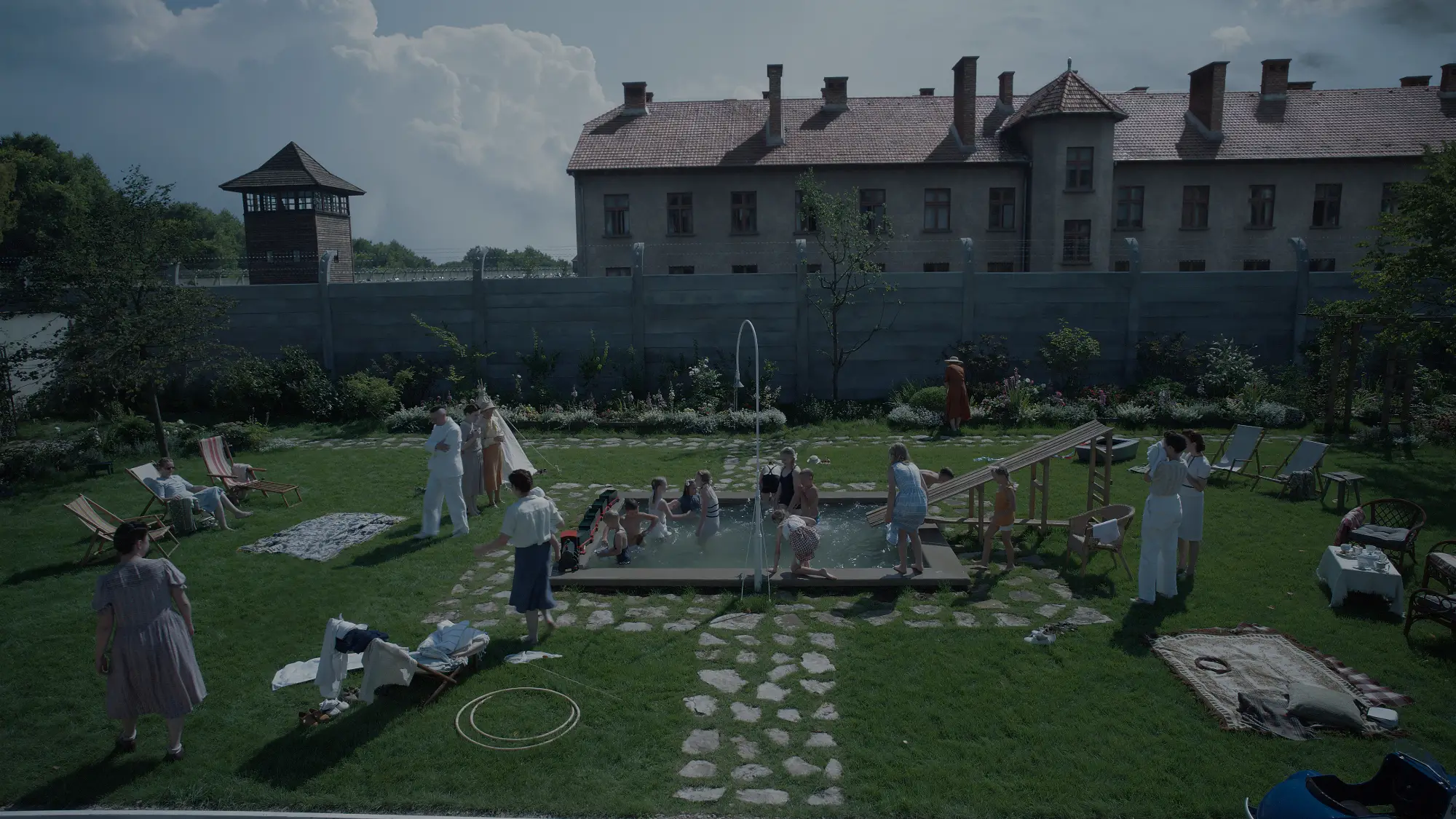
The facts and their impact on the viewer:
- The film was shot in an old house that was renovated so it could serve as the location for the action. It borders the wall surrounding the Auschwitz Concentration Camp in Poland.
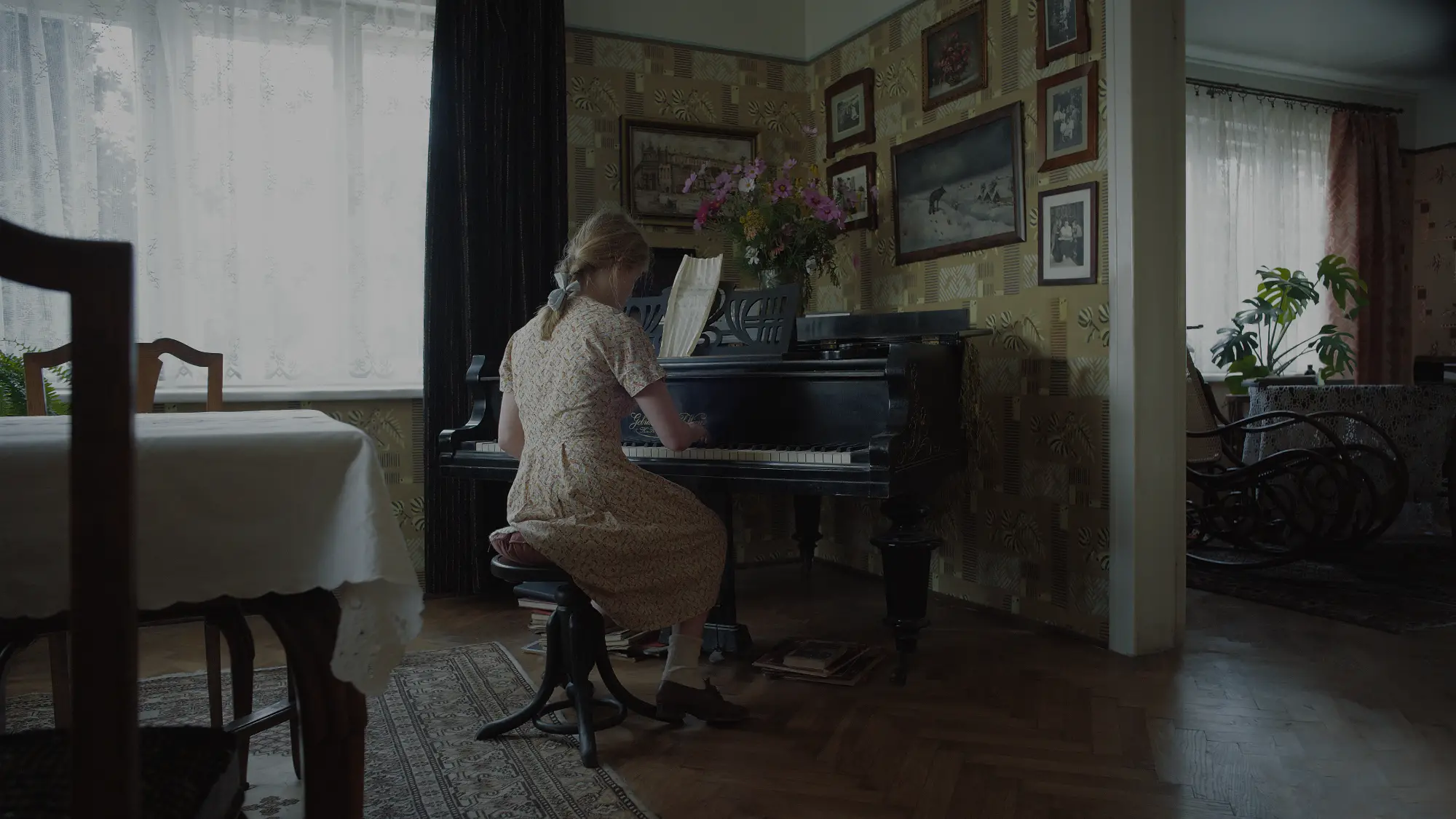
- The film was filmed by ten cameras dispersed throughout the house to capture the actors’ movements, while the production team remained outside. That’s why there are no close-ups in the film. Rather, it offers an authentic picture of everyday life as compared to….
- While daily life continues in the house, the fence and watchtower of the extermination camp are visible. Thus, the horror is visually present.
- In addition to depicting the camp commandant and his wife, Rudolf and Hedwig Hess, raising five children in the house next to the camp, the simulated sounds of hell constitute an “unheard” background – screams, gunshots, the sound of boots marching. These sounds were indeed “not heard” by members of the household, but they choke the viewer.
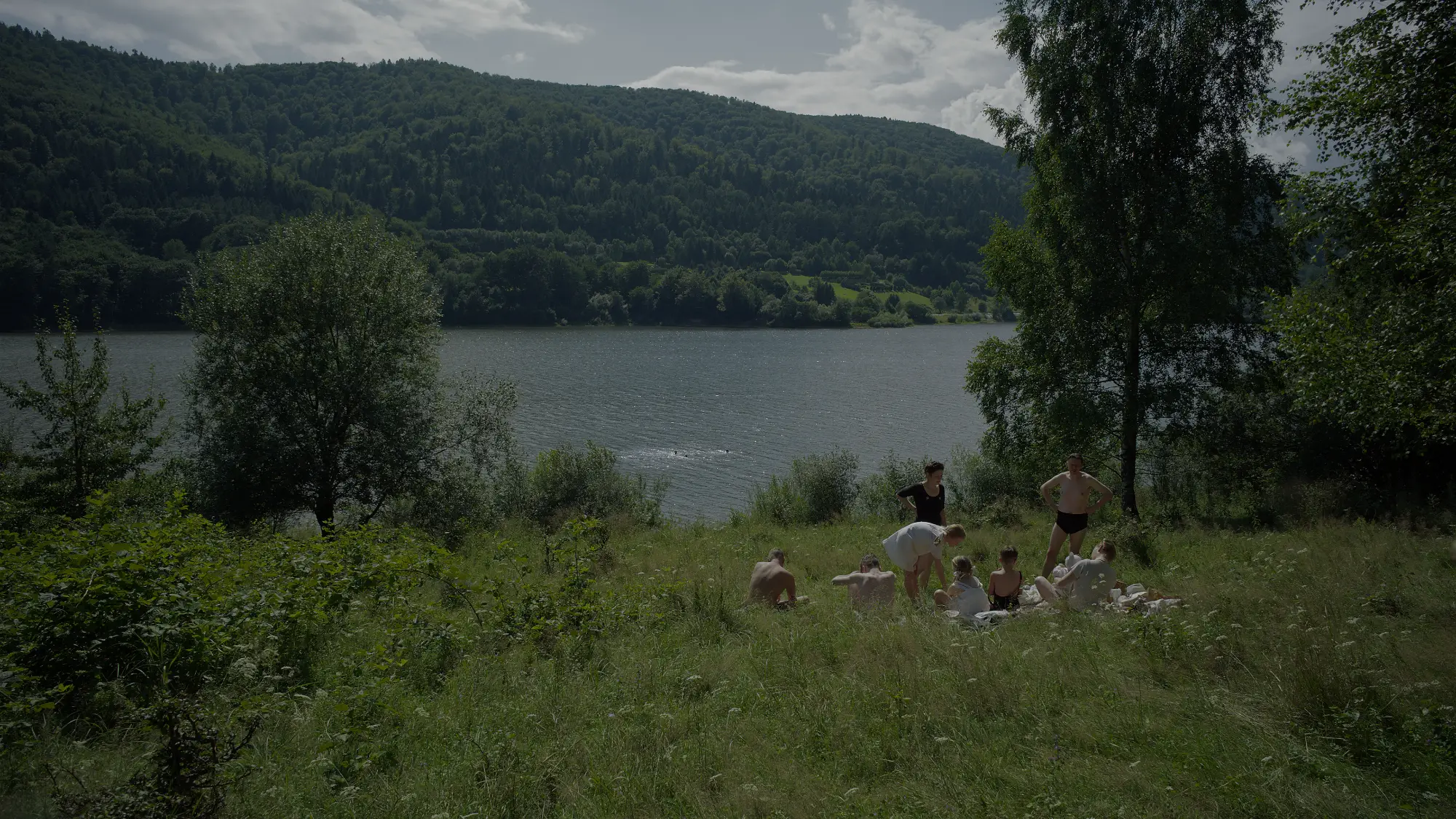
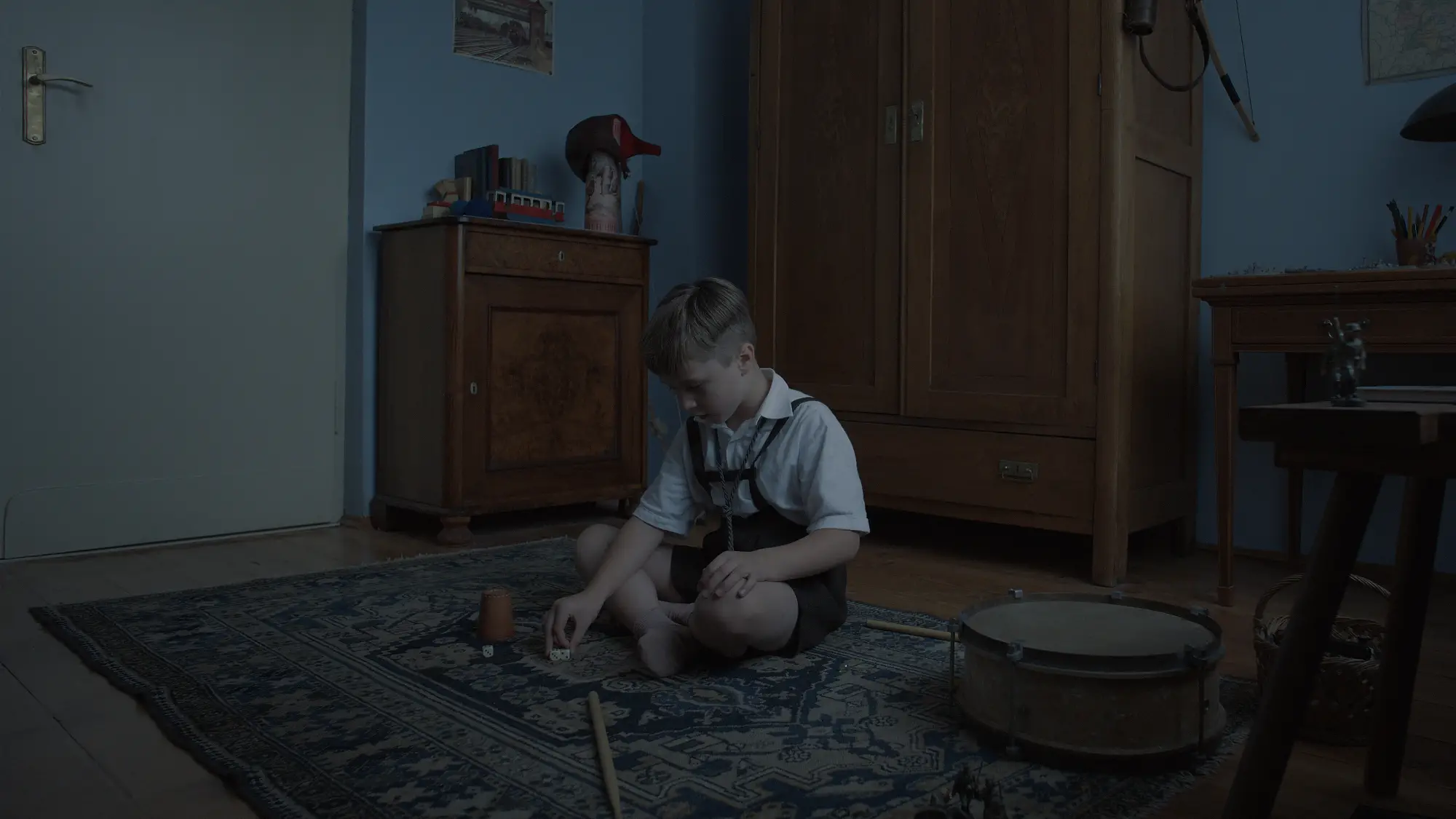
- Three languages are spoken in the film – German (the SS), Polish (the servants) and Yiddish (occasionally heard across the wall) – the soundtrack also has authenticity also.
It is no coincidence that the film won the Oscar for the best international film. It displays the triviality of life on the outer side of the Auschwitz wall, with all the small details, including methods to obtain extra-marital sex (with a political prisoner) through the eyes of his lawful legal wife who tries, every night, various tricks but fails to entice her husband to please her.
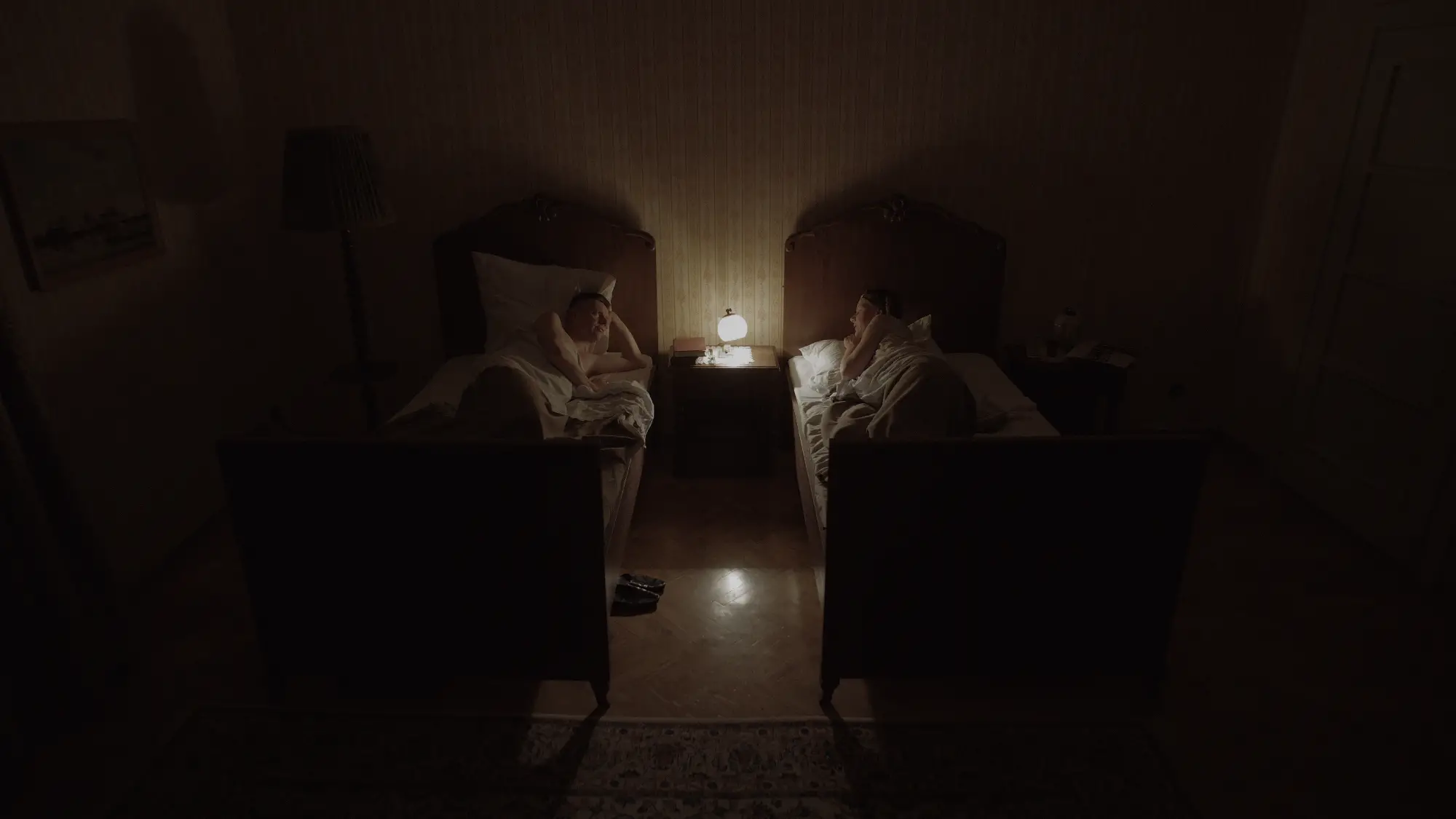
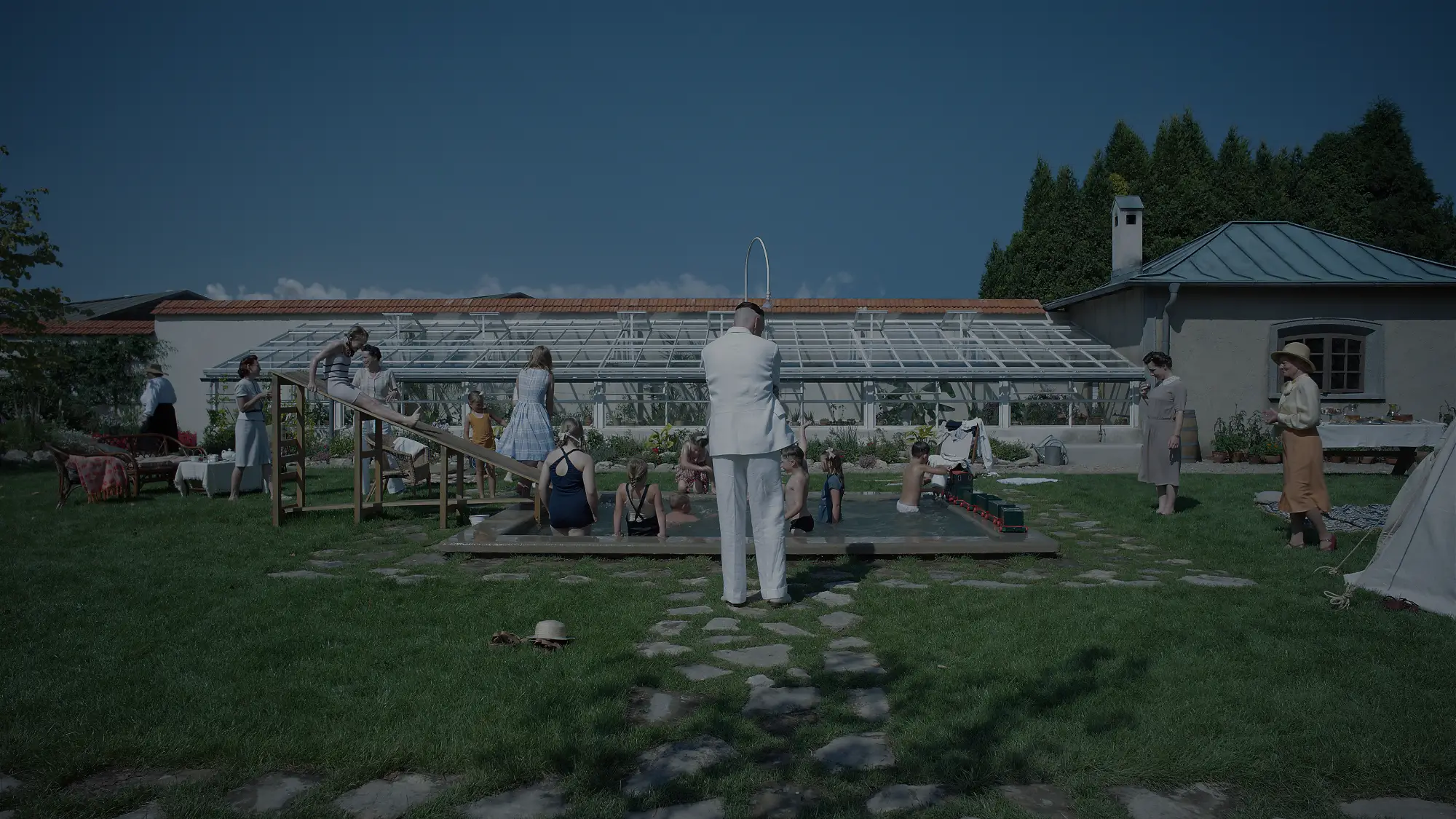
The film has several images that horrify the viewer who understands: the gardener scattering ashes in the garden, the ashes of the victims; the panicked scrubbing of the children after they went sailing on the river, because their father, the camp commandant, is knows what “poisons” have been dumped into the river; and that same man’s excessive cleansing of his private parts after having intercourse with a female prisoner from the camp.
Our evaluation of the film? In short, a required film! For everyone. It forcefully exposes how a person can murder people – men, women and children – like an orderly contractor, and still lead a completely normal life, gently caring for the children of Hedwig and Rudolf Hess, seeking one-night stands, even if it means choosing a prisoner from the camp; leading a peaceful life beyond the wall concealing the horrors that the very same person instigates every day. It is an extremely difficult statement… Even today, people wonder how a cultured nation, like Germany in the 1930s, could became a monster; it is difficult to comprehend, but history proves that such human behavior is possible.
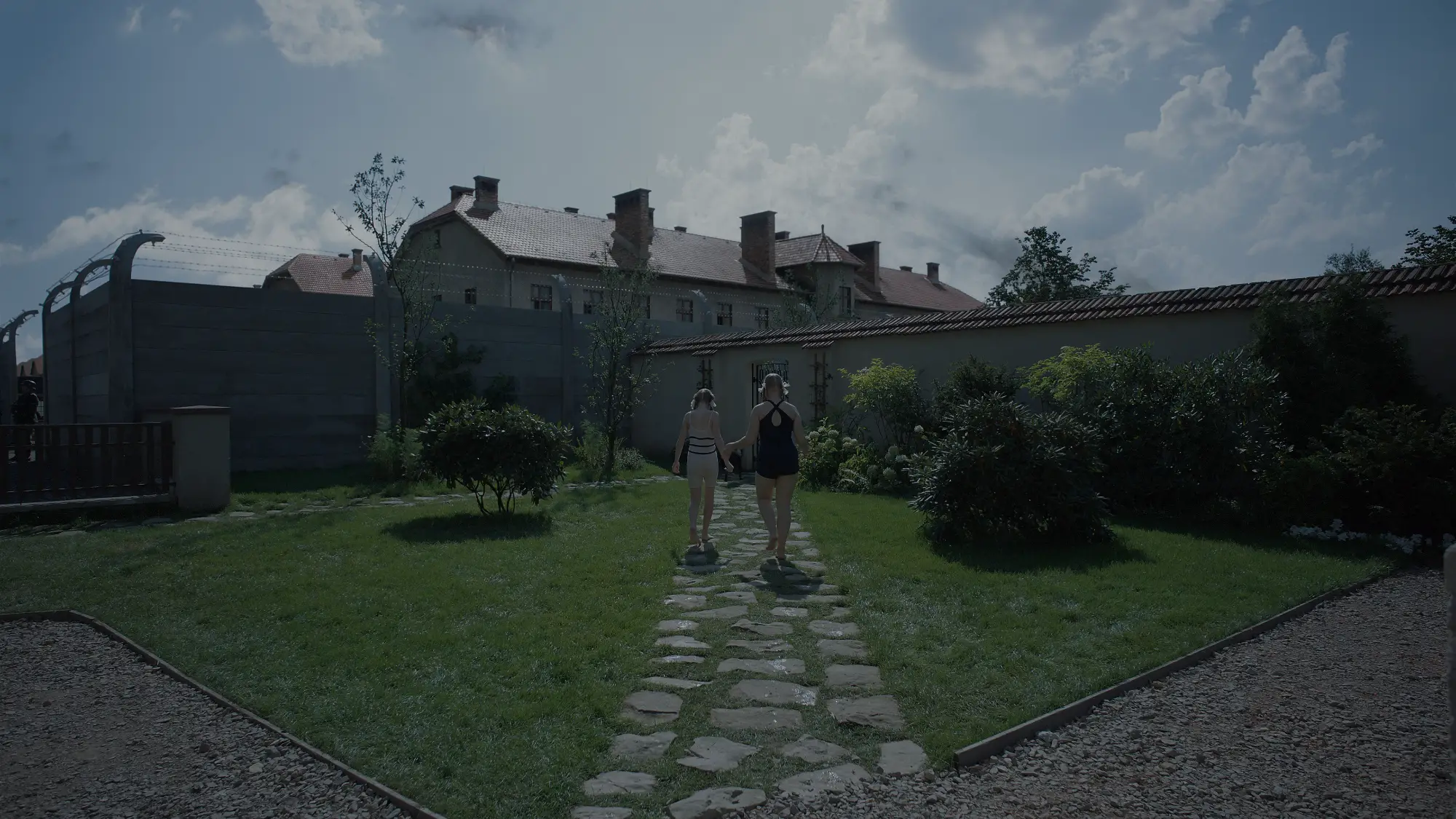
Zone of Interest brings Hannah Arendt’s phrase “the banality of evil,” to life, giving it a body that is part monster and part ordinary human. Jonathan Glazer managed to smooth over the monster, if it may be said, by revealing only its visual and auditory outlines. Thus, the power of the film rises and swells in bodily emotions and thoughts that haunt the soul of the viewer.
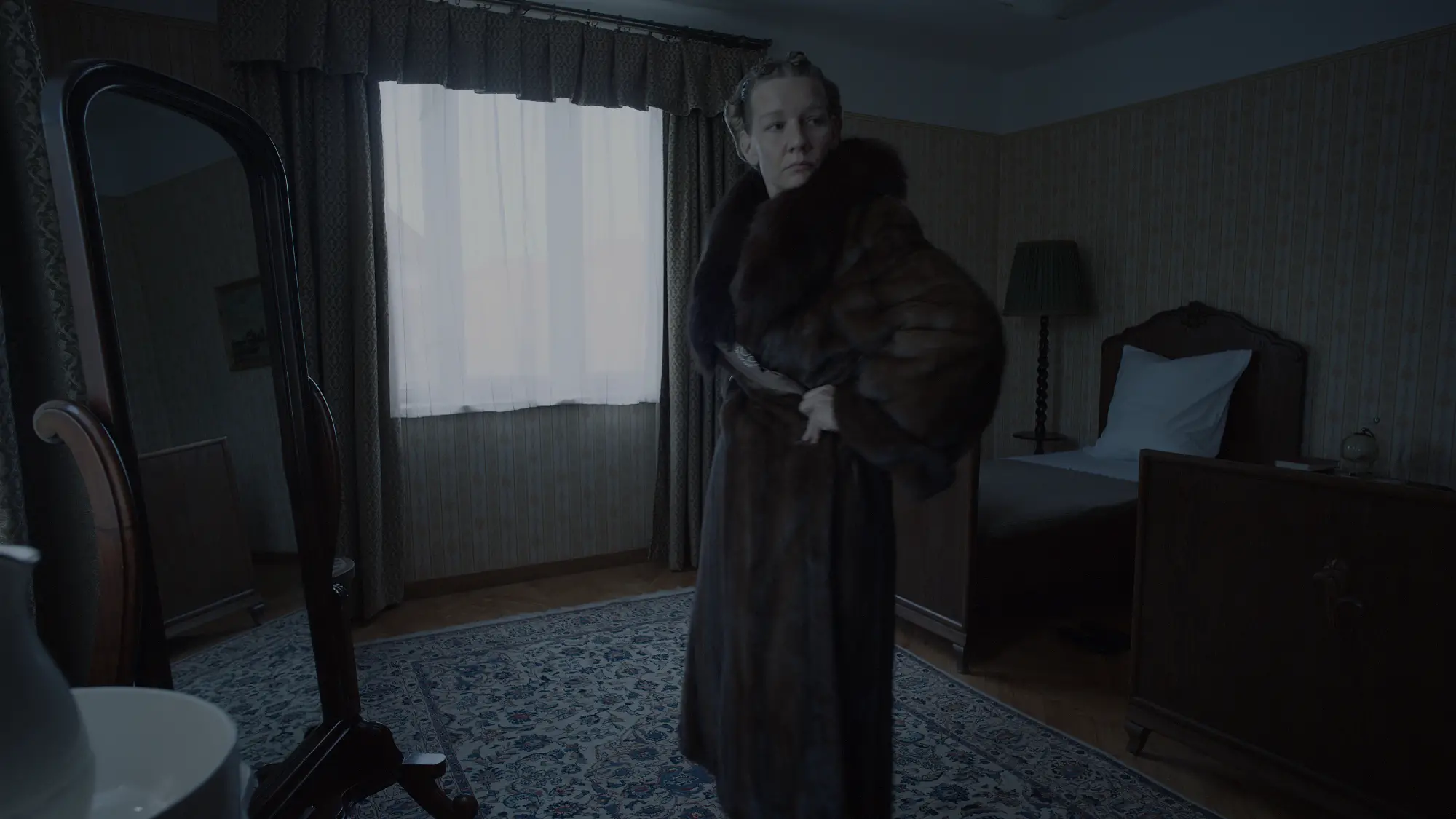
Dear readers, it has been a long time since an intelligent, powerful movie like Zone of Interest has been created. For that, Jonathan Glazer deserves both the Oscar and a thank you.
* * *
The following excerpt is from my response to very talented Jewish-English-Dutch director Jonathan Glazer, published in the February 2024 issue of the magazine:
“In the preface to the Hebrew translation of the book Jews Don’t Count, the Jewish comedian, journalist and writer from London, David Baddiel, wrote a moving response after 7 October 2024:
“When the documentary based on this book was broadcast on television in Israel, I received several angry messages on social media, most of them apparently because of this disconnect. I had the feeling that by insisting that for Jews living elsewhere, Israel is a foreign country, and I feel neither obligated to it nor complicit in its, I was being ungrateful – Israel is there for me, as an ideal, a beacon, and a safe shore, and I should be grateful for that.”
Indeed, David Baddiel, Israel, with all its complexities, is the Jewish homeland, the only home for Jews from Israel or abroad. Jews, this home is the walls surrounding our souls .
Of course, the above comment addressing director Jonathan Glazer does not refer to the extraordinary film that he made; rather to part of his acceptance speech at the Oscar Awards Ceremony.
Photos: Lev Cinemas Public Relations
www.lev.co.il



